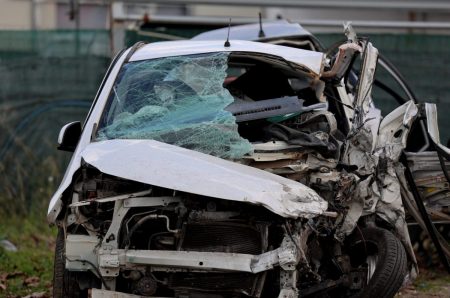Some may dream that the day after exiting the memorandum, the path will open towards improving economic and social conditions.
However, the IMF report that was made public yesterday indicates that very little has changed all these years, so as to transcend our chronic ailments.
Despite the fact that salaries have gone back to the levels of 2000, the IMF notes that the productivity of the economy remains low, unemployment will remain at high levels, and, despite improvements in the trade balance, there are still imbalances.
Expectations of a GDP hike are weak, capital outflow continues, investment is at a very low level, and domestic demand remains weak.
One did not need the IMF’s report to understand that the economic situation does not inspire optimism, despite the government’s celebrations.
Everybody expects tourism not only to give them a breather, but to function as the engine of the economy. Despite its undoubted contribution, it is obvious to those who want to see developments with a more long-term perspective, that tourism does not suffice to offer the push that the economy and labour need.
The 20bn euros in investment, that we need each year in order to hope that the country will take a steady growth path, is nowhere to be found. Instead, even paltry public investment is being constantly cut so that the government can achieve ever larger primary surpluses.
It is no coincidence that one of the important pending issues in proceeding with the bailout evaluation is delays in privatisation. The Elliniko development project is lagging, there are no important public works planned, and the stock market is susceptible to rumours and charges.
With mere declarations and pious wishes, one cannot attract investment and create jobs. This is all the more true when ideological fixations and outdated ideas continue to prevail, as is the case now.
Time is of the essence. The day after will be full of challenges and dangers. With opportunistic games, the economy will not recover, and the growth we need will not come.



